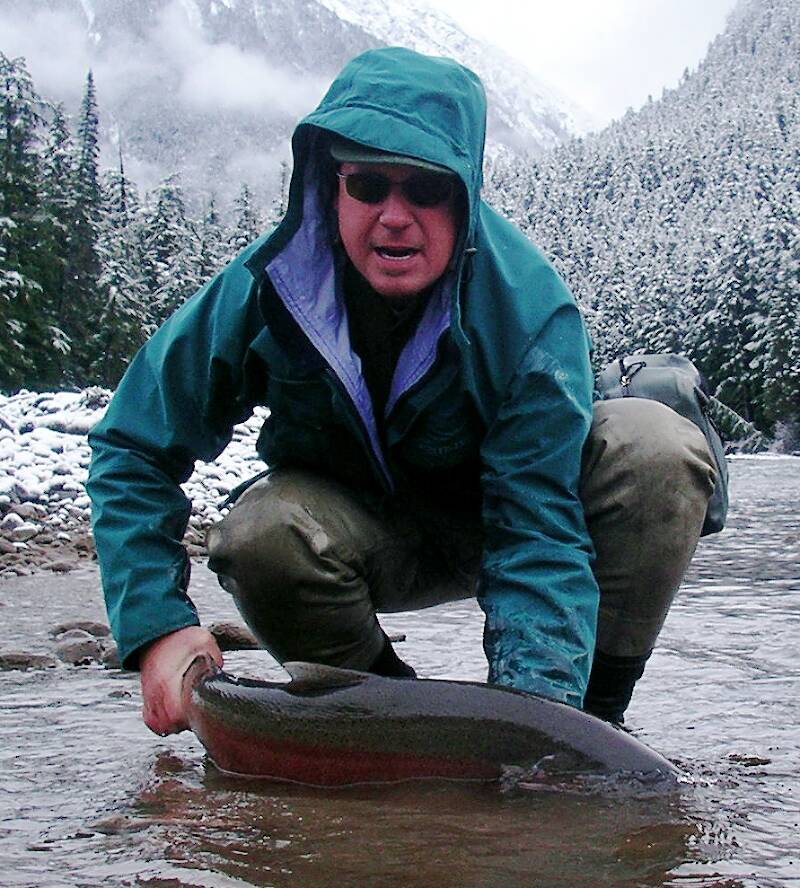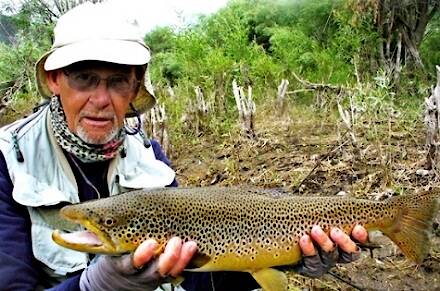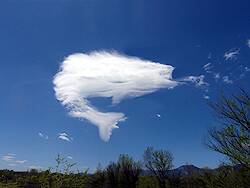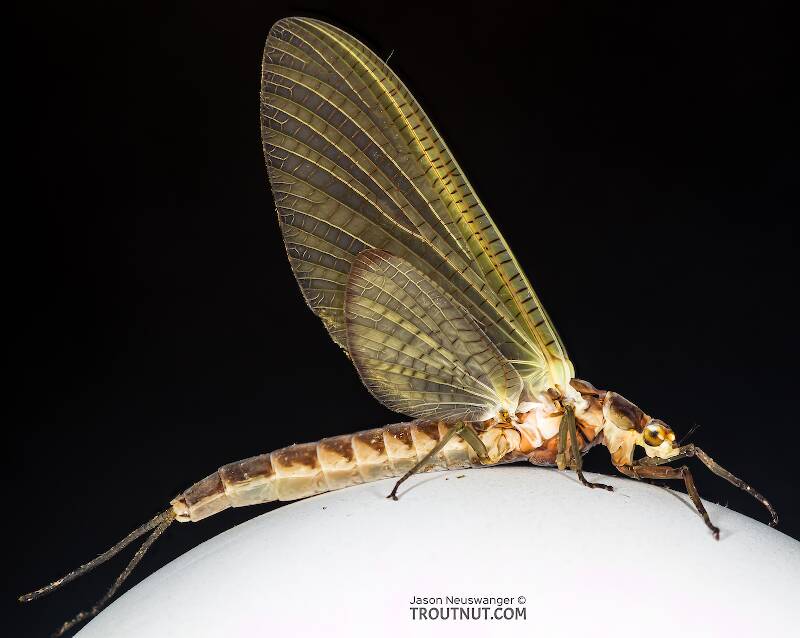
Hex Mayflies
Hexagenia limbata
The famous nocturnal Hex hatch of the Midwest (and a few other lucky locations) stirs to the surface mythically large brown trout that only touch streamers for the rest of the year.
Featured on the forum
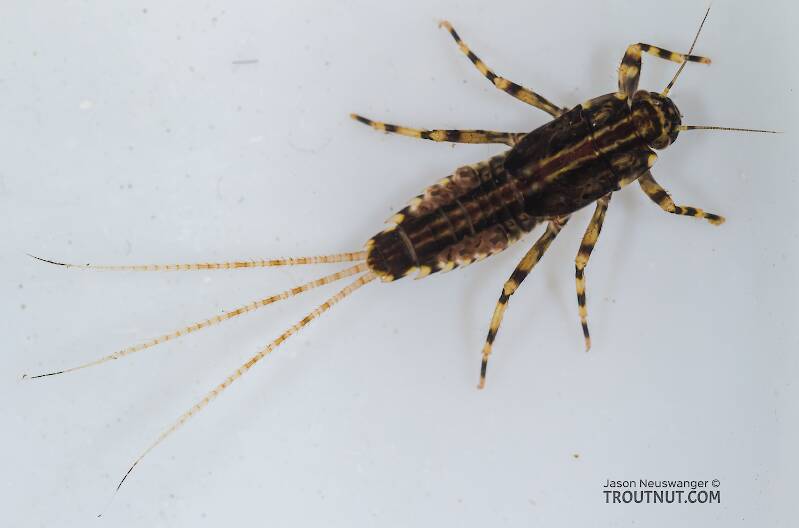
This is an interesting one. Following the keys in Merritt R.W., Cummins, K.W., and Berg, M.B. (2019) and Jacobus et al. (2014), it keys clearly to Ephemerella. Jacobus et al provide a key to species, but some of the characteristics are tricky to interpret without illustrations. If I didn't make any mistakes, this one keys to Ephemerella mucronata, which has not previously been reported any closer to here than Montana and Alberta. The main character seems to fit well: "Abdominal terga with prominent, paired, subparallel, spiculate ridges." Several illustrations or descriptions of this holarctic species from the US and Europe seem to match, including the body length, tarsal claws and denticles, labial palp, and gill shapes. These sources include including Richard Allen's original description of this species in North America under the now-defunct name E. moffatae in Allen RK (1977) and the figures in this description of the species in Italy.

Troutnut is a project started in 2003 by salmonid ecologist Jason "Troutnut" Neuswanger to help anglers and
fly tyers unabashedly embrace the entomological side of the sport. Learn more about Troutnut or
support the project for an enhanced experience here.
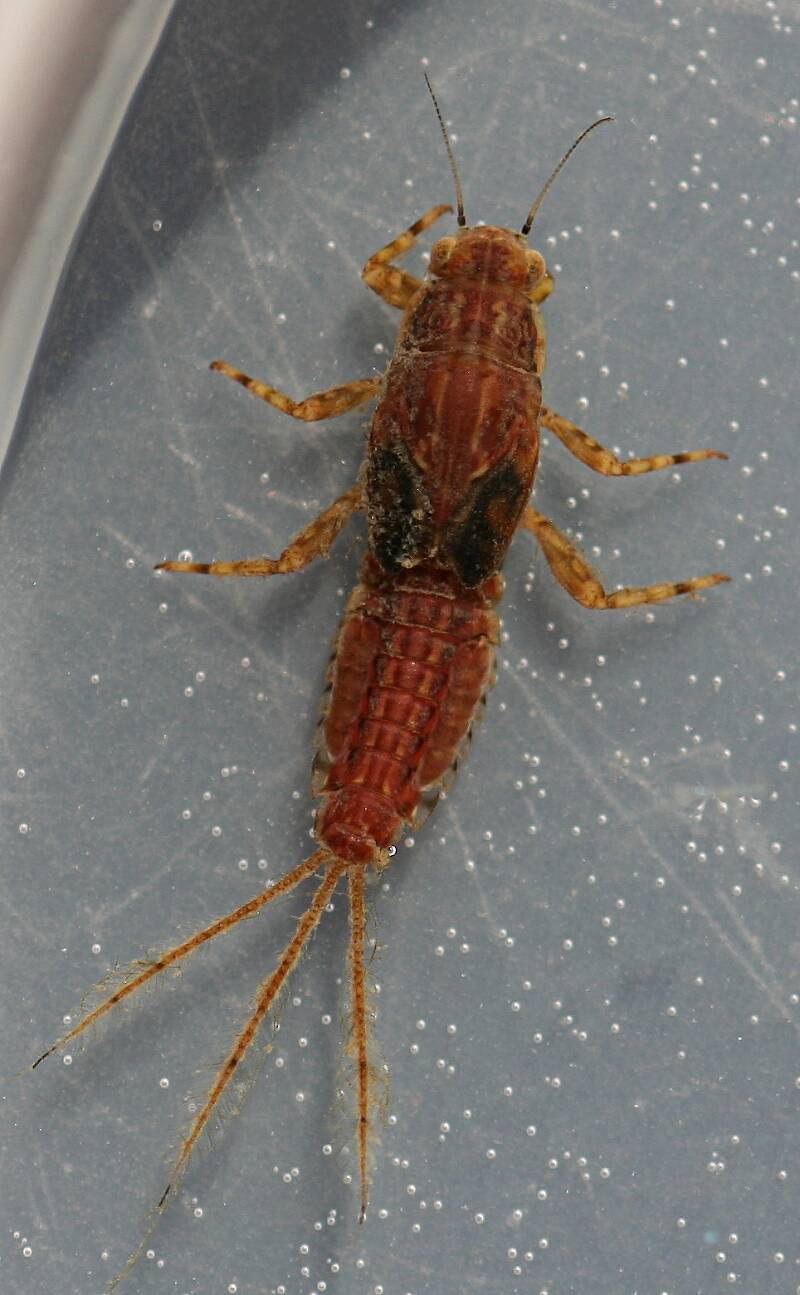
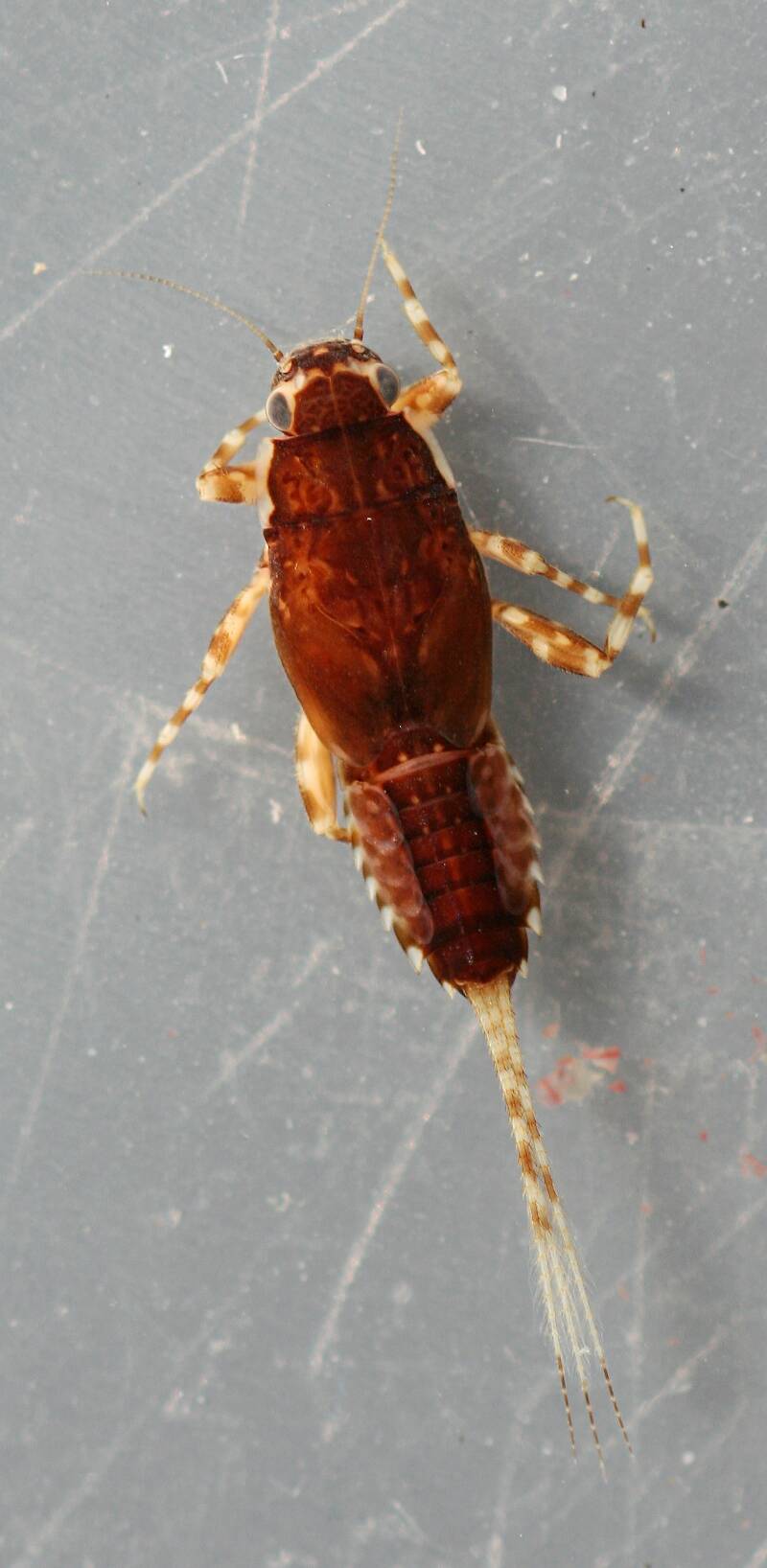
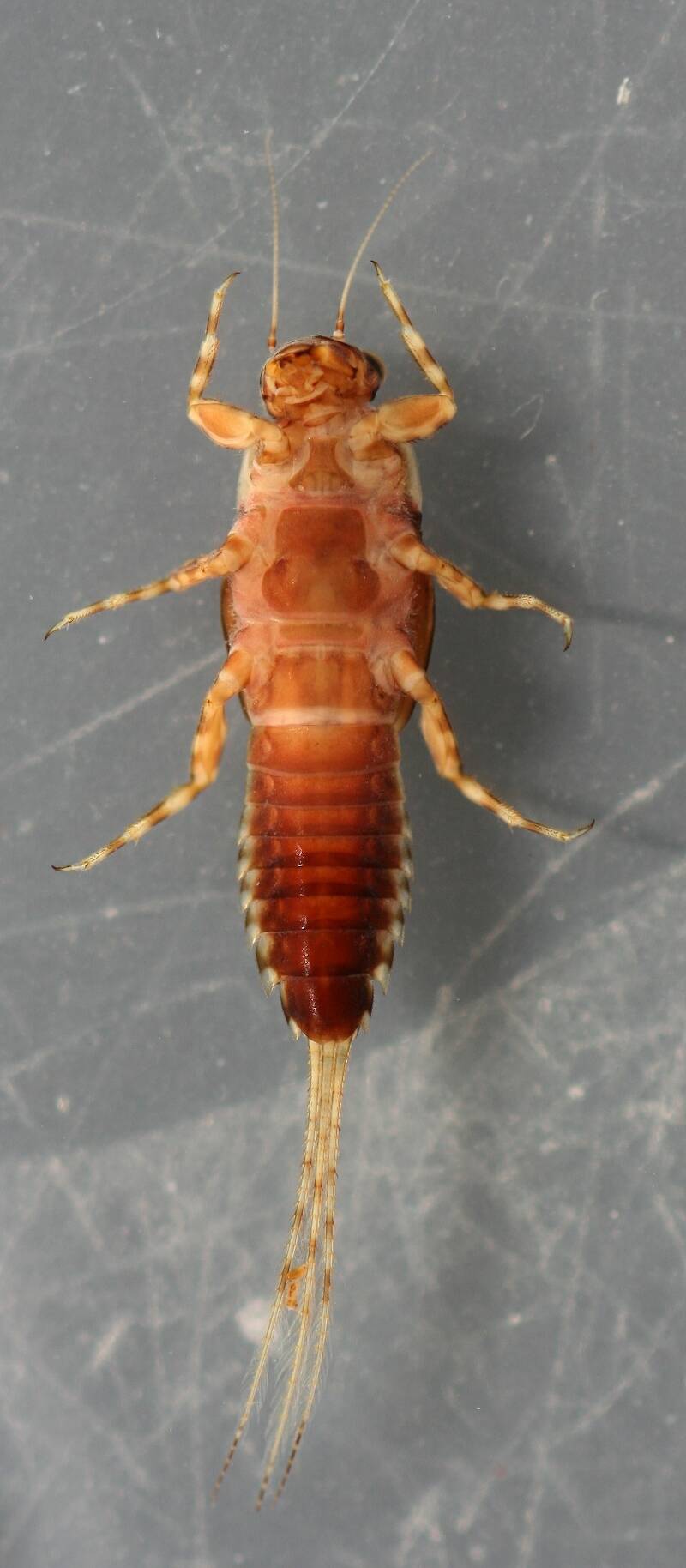
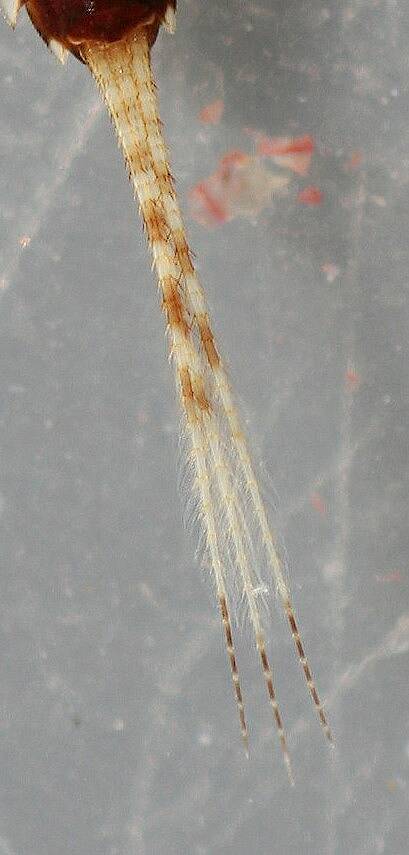
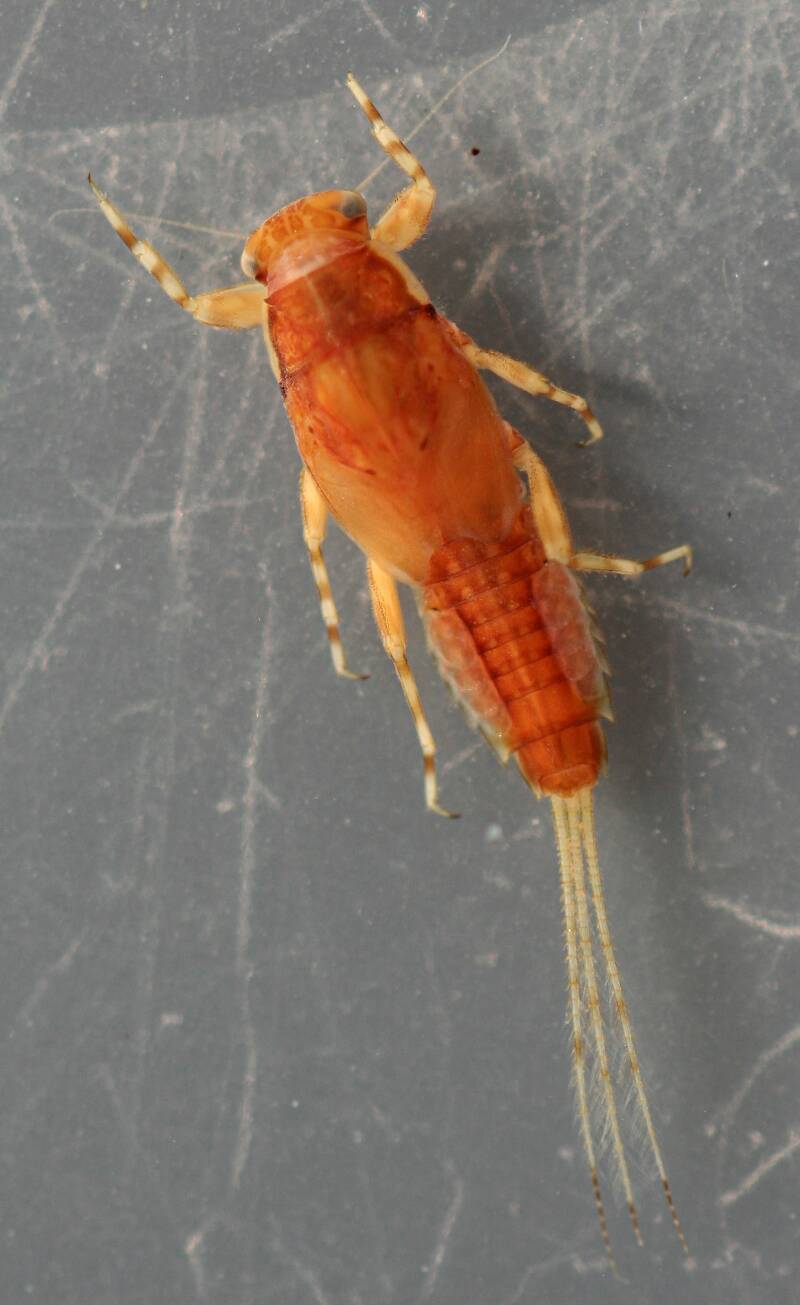
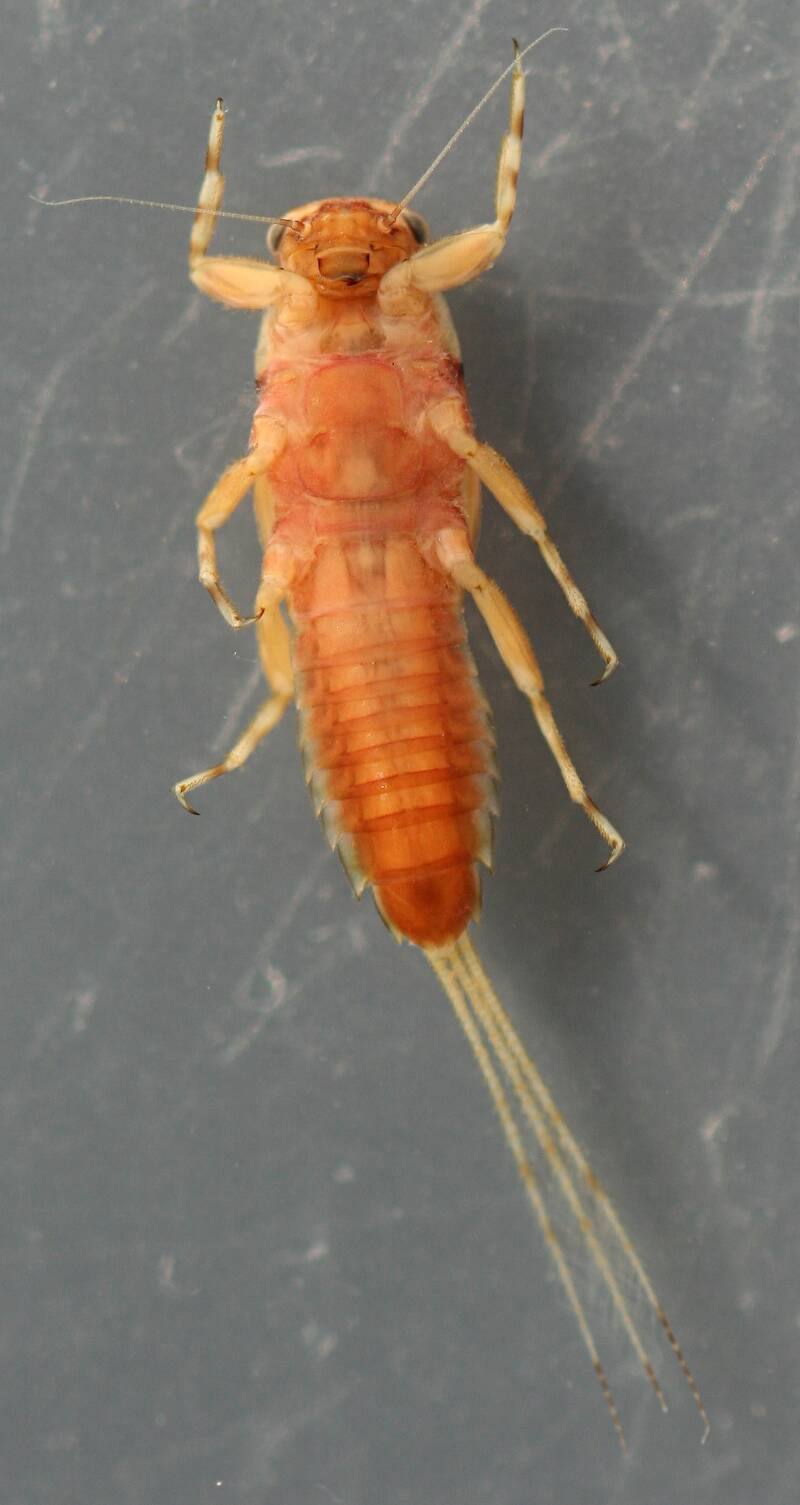
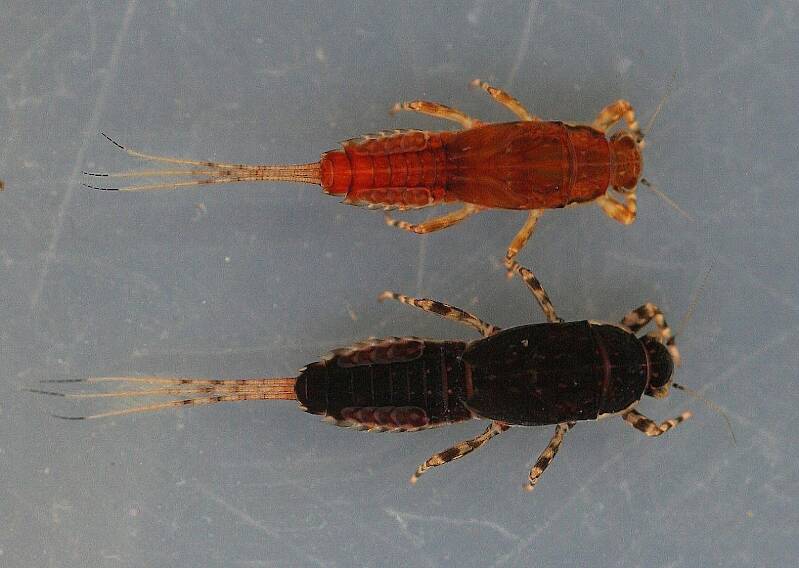
Entoman on Jan 7, 2016January 7th, 2016, 10:23 pm EST
Mark,
Do you think you have both present? I'd go more by emergence and size if I were you as I know you are pretty intimate with the fauna in that river. If these are larger and emerge (mature) much earlier, and for a brief period - you are probably right. My point was not to doubt your diagnosis but rather to mention the frustration/futility of using taxonomic characters to verify it at the present time. ;)
Paul,
They emerge in typical ephemerellid fashion. The big difference is when they are hatching. The duns rarely spend as much time on the water as their earlier hatching counterparts, I assume due to the drier, warmer air. The fish are also quite aware of our attempts to fool them with dry flies by then. "Lightly fished" is a relative term. Hoardes of anglers are not necessary to educate them at least somewhat. Many times I have fished a pool and hammered the fish only to return and find them more difficult, even though the same conditions prevailed.
Do you think you have both present? I'd go more by emergence and size if I were you as I know you are pretty intimate with the fauna in that river. If these are larger and emerge (mature) much earlier, and for a brief period - you are probably right. My point was not to doubt your diagnosis but rather to mention the frustration/futility of using taxonomic characters to verify it at the present time. ;)
Paul,
They emerge in typical ephemerellid fashion. The big difference is when they are hatching. The duns rarely spend as much time on the water as their earlier hatching counterparts, I assume due to the drier, warmer air. The fish are also quite aware of our attempts to fool them with dry flies by then. "Lightly fished" is a relative term. Hoardes of anglers are not necessary to educate them at least somewhat. Many times I have fished a pool and hammered the fish only to return and find them more difficult, even though the same conditions prevailed.
"It's not that I find fishing so important, it's just that I find all other endeavors of Man equally unimportant... And not nearly as much fun!" Robert Traver, Anatomy of a Fisherman
Millcreek on Jan 8, 2016January 8th, 2016, 6:14 am EST
Kurt,
I don't think both are present as there only seems to be one cohort of the nymphs, they emerge early and only for a short period of time.
I don't really care if you doubt my conclusions.:) That's part of what makes this forum good. I tend to come off terse sometimes and forget to put in a smiley face.
I don't think both are present as there only seems to be one cohort of the nymphs, they emerge early and only for a short period of time.
I don't really care if you doubt my conclusions.:) That's part of what makes this forum good. I tend to come off terse sometimes and forget to put in a smiley face.
"If we knew what it was we were doing, it would not be called research, would it?"
-Albert Einstein
-Albert Einstein
Wbranch on Jan 8, 2016January 8th, 2016, 7:39 am EST
one cohort of the nymphs
I always thought the word "cohort" was a group of people or a companion. I wasn't aware of using it to describe a group of nymphs. I actually learned something today.
I tend to come off terse sometimes and forget to put in a smiley face.
Catskill fly fisher for fifty-five years.
PaulRoberts on Jan 8, 2016January 8th, 2016, 8:16 am EST
Kurt, yeah, both "sulphers" as we called them (invaria and dorothea) do tend to come off at the heads of pools -esp invaria, they even from turbulent runs. You are likely right that the speed at which they come off may explain a lot of it. I also remember "rises" could be explosive then -probably the trout chasing nymphs up.
But... as to fishing pressure, these streams were hit much harder (and not all that hard) during the subvaria emergences and I don't remember the fish being difficult with subvaria. However, subvaria didn't come off in the numbers or duration (month or more) that dorothea did. Warmer water and associated rapid emergence as well as emergence density probably accounts for the majority of the difficulty on the waters I fished most regularly.
But... as to fishing pressure, these streams were hit much harder (and not all that hard) during the subvaria emergences and I don't remember the fish being difficult with subvaria. However, subvaria didn't come off in the numbers or duration (month or more) that dorothea did. Warmer water and associated rapid emergence as well as emergence density probably accounts for the majority of the difficulty on the waters I fished most regularly.
Millcreek on Jan 8, 2016January 8th, 2016, 10:04 am EST
Matt,
Yeah, really.:)
No way, really?
Yeah, really.:)
"If we knew what it was we were doing, it would not be called research, would it?"
-Albert Einstein
-Albert Einstein
Wbranch on Jan 8, 2016January 8th, 2016, 2:46 pm EST
Just bustin' you! I think you knew that. When I was younger I used to think about saying some things but always held my tongue or in this case my keystrokes. Maybe it has something to do with aging but now I am more apt to just let it out as long as I know it won't hurt someone's feelings.
Catskill fly fisher for fifty-five years.
Quick Reply
Related Discussions
Topic
Replies
Last Reply
Re: So is Ep Infrequens now known as Ep Dorothea?
In the Mayfly Species Ephemerella dorothea infrequens by Wbranch
In the Mayfly Species Ephemerella dorothea infrequens by Wbranch
20
Jul 1, 2014
by Crepuscular
by Crepuscular
0
Jun 29, 2020
by Wiflyfisher
by Wiflyfisher
Re: Public service announcement: PMDs aren't yellow
In Male Ephemerella excrucians Mayfly Dun by Troutnut
In Male Ephemerella excrucians Mayfly Dun by Troutnut
13
Aug 28, 2020
by Wiflyfisher
by Wiflyfisher
1
May 5, 2009
by GONZO
by GONZO


